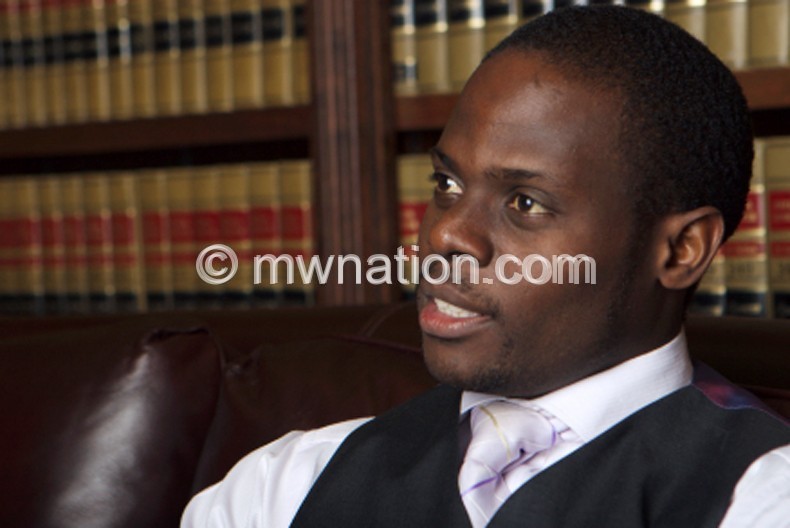Low legal representation fuelling surge in death sentences—experts
Legal minds have said lack of access to effective legal representation during arrest, detention, trial and post-trial of suspects threatens the right to fair trial.
This was said during a virtual World Day Against the Death Penalty workshop on Friday hosted by Reprieve, the Malawi Resentencing Project for Inmates Formerly Sentenced to Death, under the theme Access to Counsel: A Matter of Life or Death.

In a statement issued after the workshop, Legal Aid Bureau director Masauko Chamkakala said barriers to legal representation range from institutionalised attempts by police to deny suspects legal representation to institutionalised torture inflicted on suspects.
He noted that in Malawi, most suspects facing murder charges are poor and represented by the Legal Aid Bureau which has only nine offices against 48 police stations and 32 prisons, making access to counsel at arrest, interrogation and investigation nearly impossible.
Chamkakala said even at trial, the bureau has 24 lawyers against a population of 18 million and that currently, they are handling over 16 000 cases.
He said: “With such a backlog, it is impossible to guarantee quality legal representation, to the demanded standard, especially in homicide trials.”
In his remarks, High Court Judge Redson Kapindu said it is the prosecutor’s duty to advise an accused person of their right to legal representation and that failure to do so may have implications on fair trial.
“The key challenges on access to counsel in Malawi lies in two limbs; the first being that consultation is a challenge as [legal] counsel is not accessible to the majority of Malawians and secondly, on experience of counsel being a critical issue needing addressing in homicide cases,” he stated.
A former death row inmate Henry Dickson, who was released through the Reprieve Project, testified that he was tortured on a daily basis and that his fellow accused person died from a gunshot wound inflicted by the police.
He said he was forced to confess to have committed murder and that it was only five years later when a lawyer from the Legal Aid Bureau took up his case that led to his release.
Said Dickson: “My release was a resurrection, for I had died the moment I was sentenced to death. My mother cried when she saw me, they never thought they would see me again.
“Death penalty is evil, for it serves no purpose, and yet an innocent man like me, could have been hanged for a murder I did not commit.”
European Union (EU)deputy ambassador to Malawi Aurelie Valtat said whereas quality of counsel can be a shared challenge globally, access to counsel should be guaranteed always.
She said the EU’s Chilungamo Project has proved that it is possible to reverse the poor situation in prisons because the project has reduced over-population in prisons from 260 to 186 percent.
On death penalty, Valtat called for political will to revisit the punishment.
“When injustice leads to death, then that is a systematic injustice that needs elimination before it eliminates us. Lack of inclusive access to counsel, barriers on technical expertise and the shift of direction on the matter from regional and international partners calls for action,” she said.
Following the Kafantayeni versus Attorney General decision which struck down mandatory death sentence, Malawi made tremendous progress which saw Malawi Human Rights Commission and the Reprieve Project, among other non-governmental organisations, lead the resentencing project.
Since 2014, 145 people formerly on death row have been released to their families, having completed their new sentences.
Between 2016 and 2019, no new death sentences were handed down and so the rejection of the death penalty appeared to be increasingly achievable until from May 2019 to present, when the sentences have increased by 1 200 percent.
Reprieve said such retrogressive steps might become worse, as 50 cases are on trial with high likelihood of death sentence meted out, considering the recent policy by Judiciary on similar matters.
Whereas the death row currently has 25 inmates awaiting execution, with a halt on clemency since 2005, the population is likely to increase.
The World Day Against the Death Penalty, commemorated on October 10 every year, was set aside to advocate for the abolition of the death penalty and to raise awareness on the conditions people on death sentence face.





